
Car sales in the United States have hit an unusual patch. Demand is at high levels, likely because people could not get to dealers early on during the COVID-19 pandemic. On the other hand, a tremendous shortage of the semiconductors used in car electronics, navigation, and entertainment systems has caused large manufacturers to close assembly lines and has badly damaged their finances.
But even though demand is high and supply tight, consumers should continue to do their research and try to get the car that fits their needs. Reliability is one factor to be considered, and the least reliable car in America is Lincoln.
Two often used yardsticks have also been applied to measure the effects of car shortages on sales. One is “days on lot” and the other is cars sold over the manufacturer’s suggested retail price.
The first measure shows how long a car remains at a dealer from the moment it arrives from the manufacturer until it is delivered to a customer. Traditionally, cars have stayed on dealers’ lots between 50 and 60 days. This figure dropped to 25 in October, according to iSeeCars, though it rose to 31 in November. (This is the fastest selling cars in America right now.)
In terms of car prices over MSRP, dealers charge more than car companies suggest for some models. This premium was 19% and higher for 20 vehicles in October. While some customers may complain, demand is too high that it makes complaints irrelevant.
Several organizations also measure car quality. Among the best known are from J.D. Power and other car media companies. Among the most carefully followed is the study from Consumer Reports. The nonprofit consumer product evaluation organization recently released its annual auto reliability study. The study drew on the experience consumers had with over 300,000 cars. For car companies, the ratings are critical because consumers use them to make vehicle purchase decisions.
In all, the survey covers 28 brands ranked on a scale of 0 to 100. Three brands at the top of the list have scores above 70: Lexus (76), Mazda (75) and Toyota (71). Lexus is the luxury brand of Toyota. Eight of the top nine brands on the list were Japanese. Only Buick cracked the high end with a score of 66. (This car holds its value better than any other in America.)
Several luxury models that should have high reliability scores because of their high price tags and levels of manufacturing care have mediocre scores. These included Porsche (52), Audi (47), Cadillac (47) and BMW (45).
Another luxury brand fell to the bottom of the list, far below any other brand. Lincoln has a score of 18, which is remarkably low.
Lincoln has been Ford’s troubled luxury brand for decades. Once the leader in U.S. luxury car sales along with Cadillac, Lincoln sales have dropped far behind the leading Japanese and German brands. Lincoln barely sells enough cars in the United States to be a viable business.
According to the report, “All Lincoln models have below-average reliability, with the Corsair and Aviator being well-below average. They, along with the Nautilus, have transmission, in-car electronics and power equipment problems.”
It is yet another reason Lincoln cannot crawl out of its hole.
Click here to see the least reliable car in America

28. Lexus
> Reliability Score: 76
[in-text-ad]

27. Mazda
> Reliability Score: 75
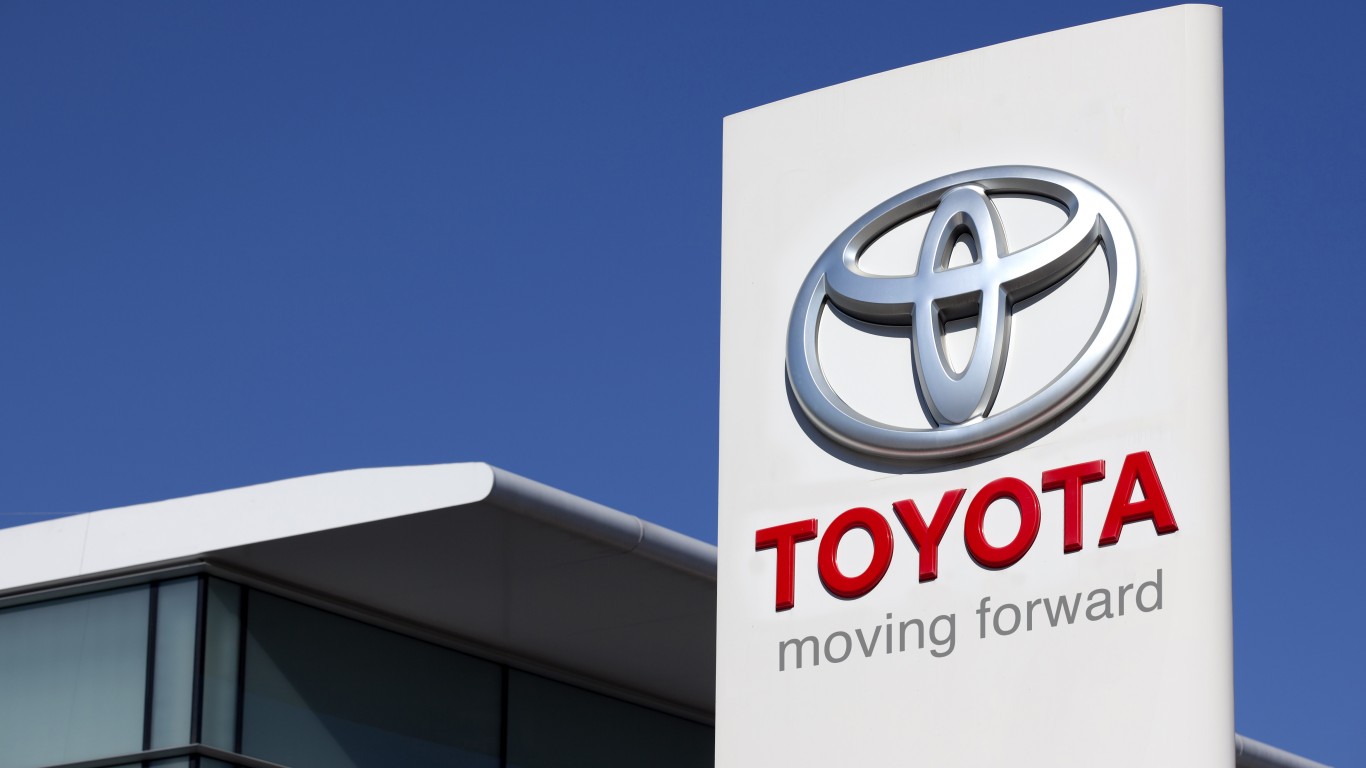
26. Toyota
> Reliability Score: 71
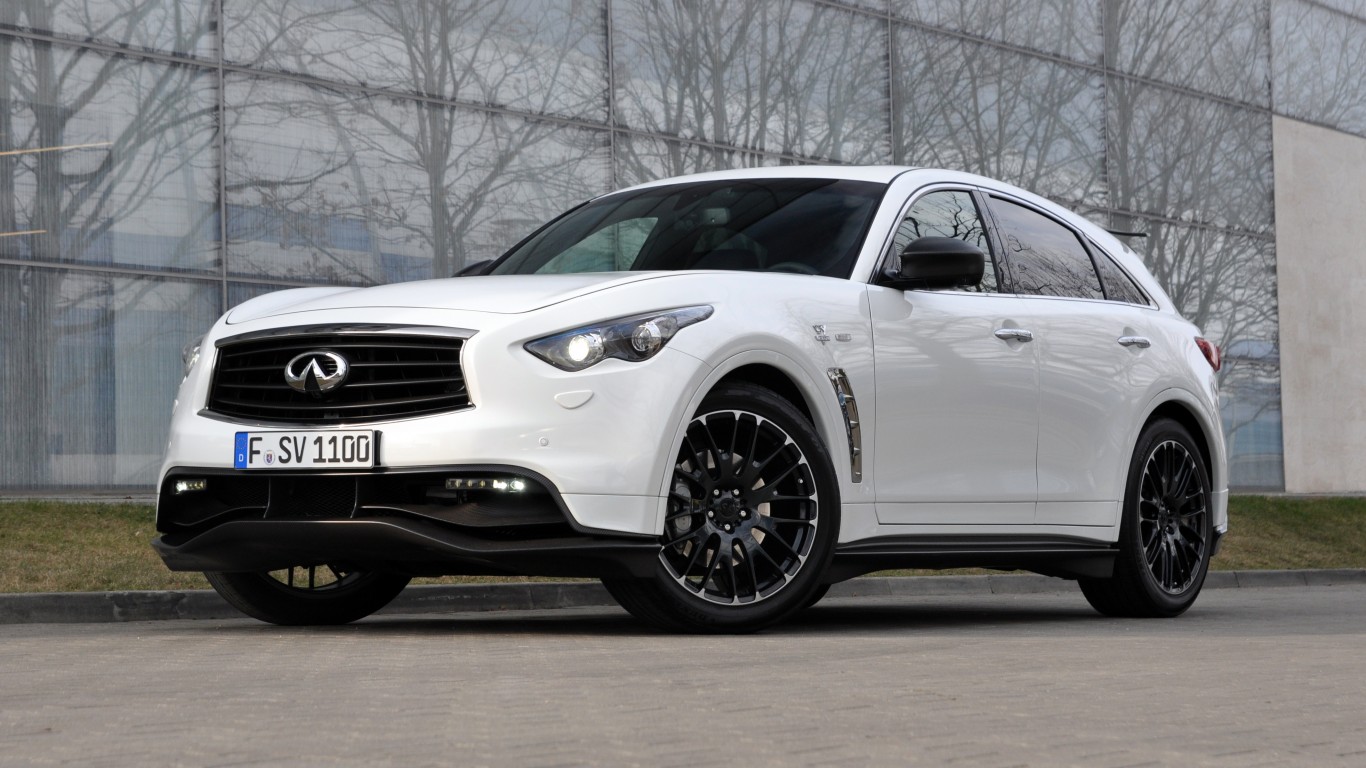
25. Infiniti
> Reliability Score: 69
[in-text-ad-2]
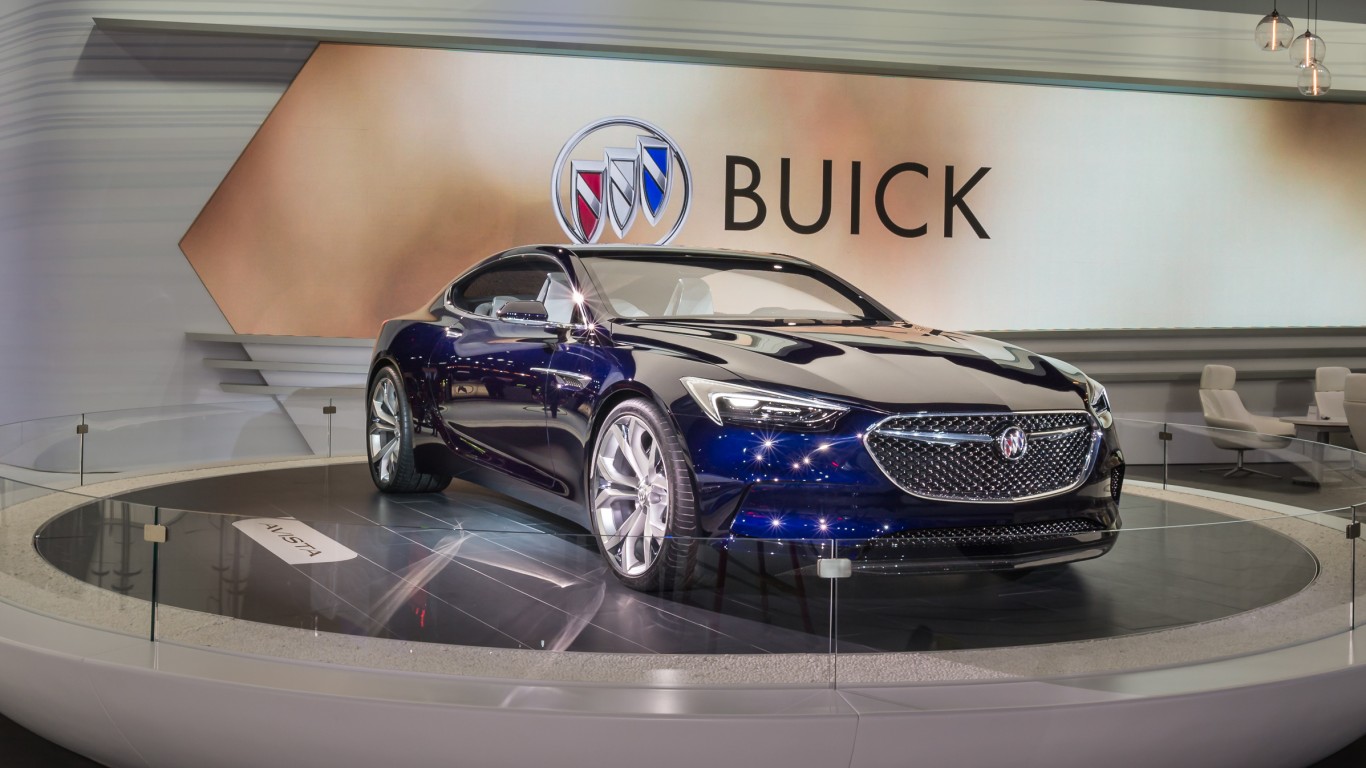
24. Buick
> Reliability Score: 66

23. Honda
> Reliability Score: 66
[in-text-ad]

22. Subaru
> Reliability Score: 66

21. Acura
> Reliability Score: 64
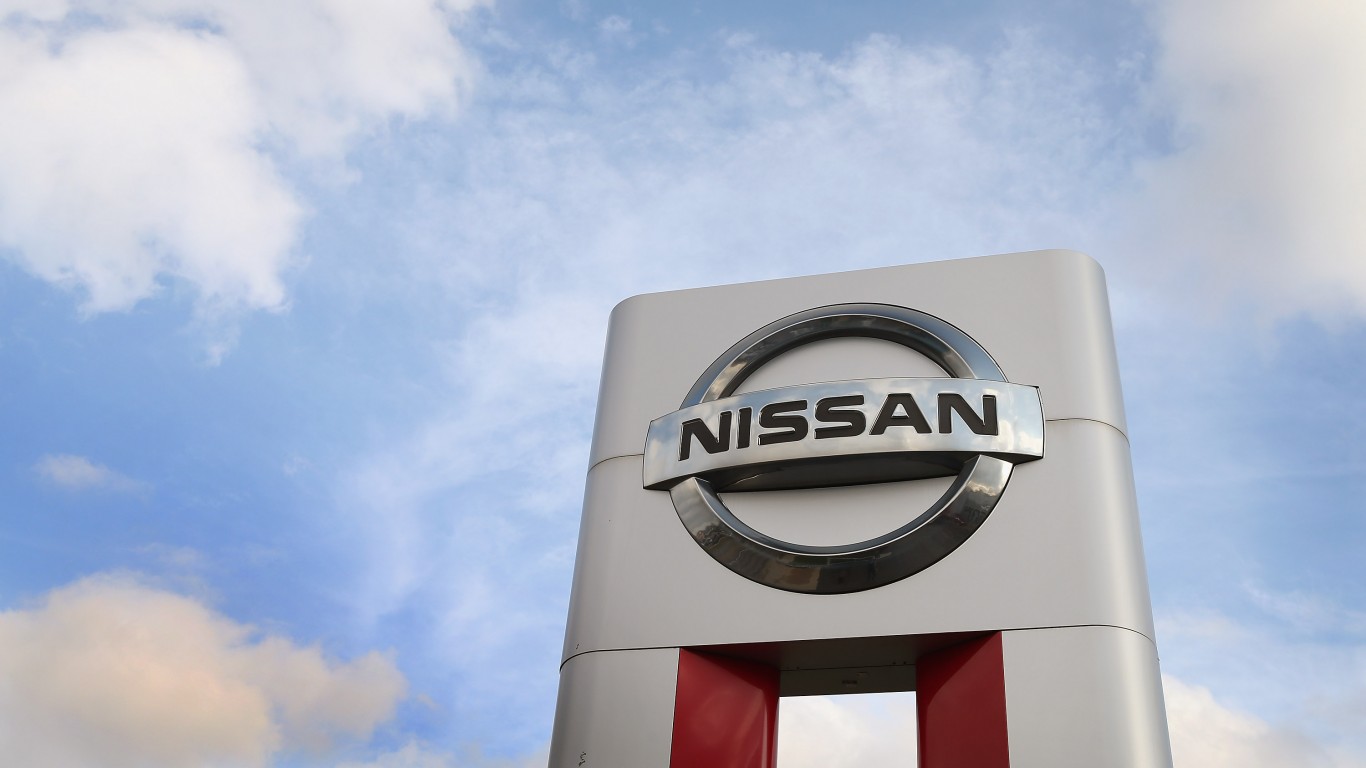
20. Nissan
> Reliability Score: 63
[in-text-ad-2]

19. Mini
> Reliability Score: 60
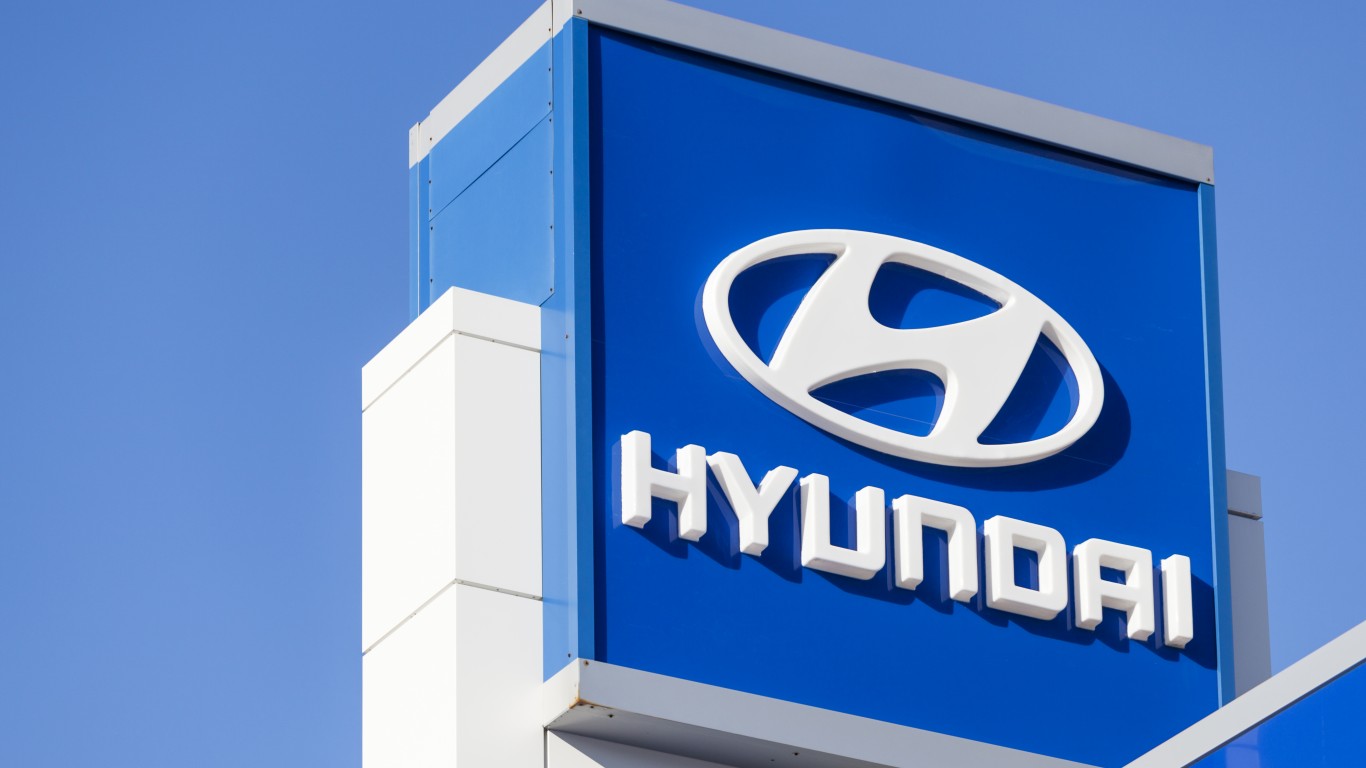
18. Hyundai
> Reliability Score: 56
[in-text-ad]
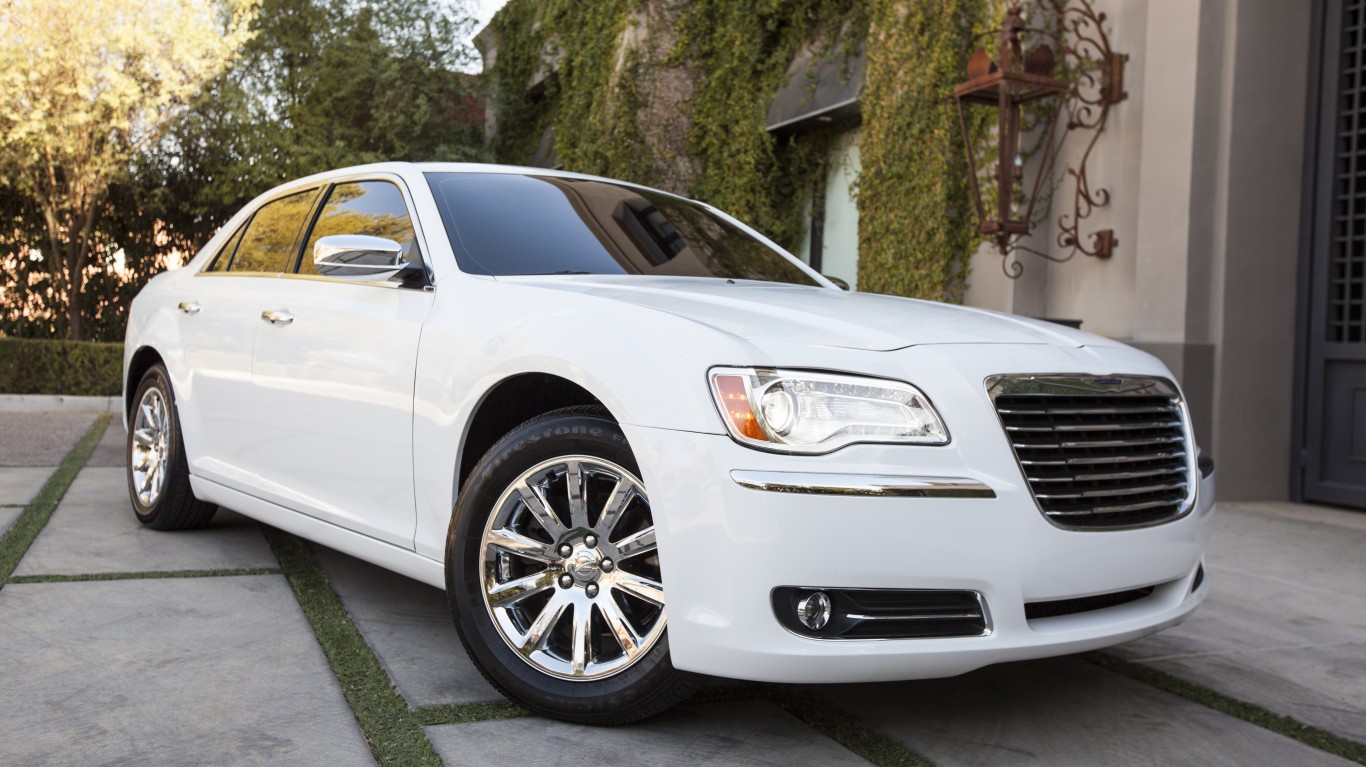
17. Chrysler
> Reliability Score: 54

16. Porsche
> Reliability Score: 52
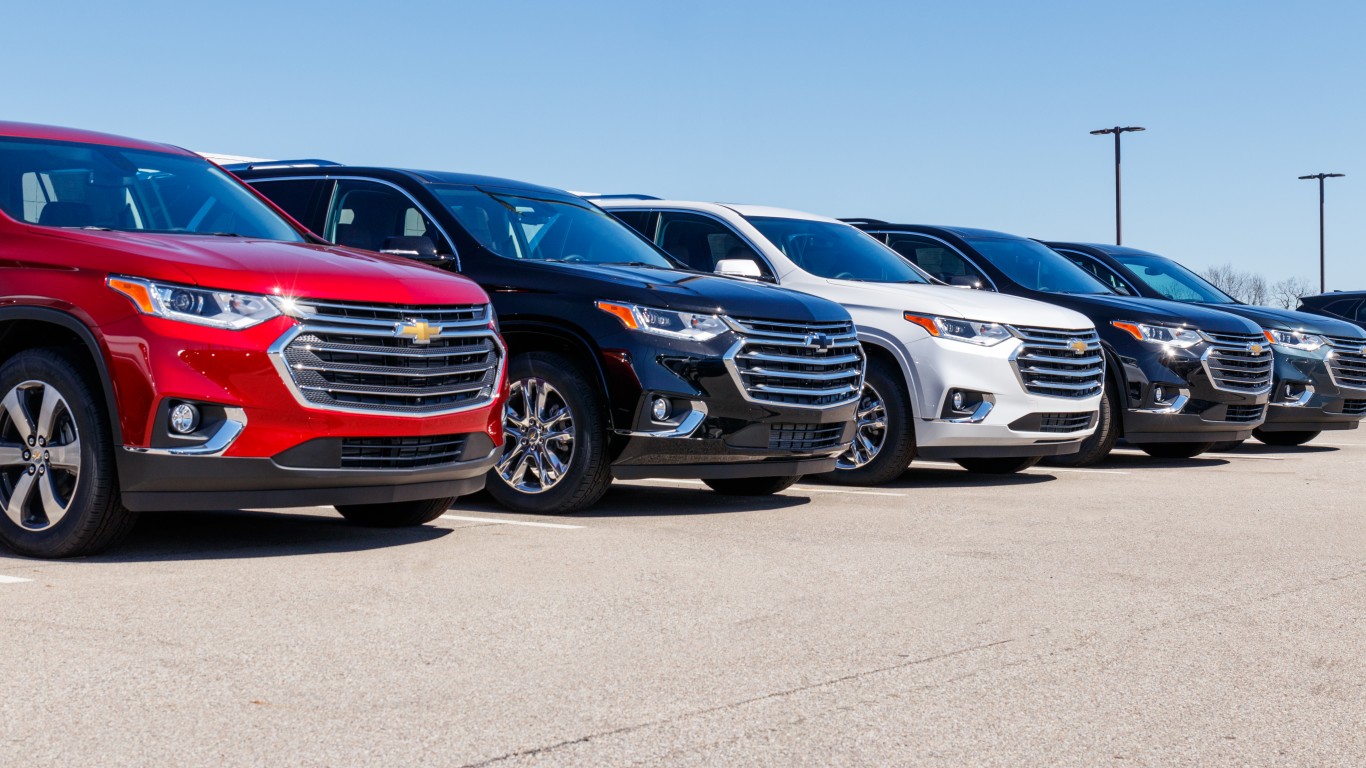
15. Chevrolet
> Reliability Score: 48
[in-text-ad-2]
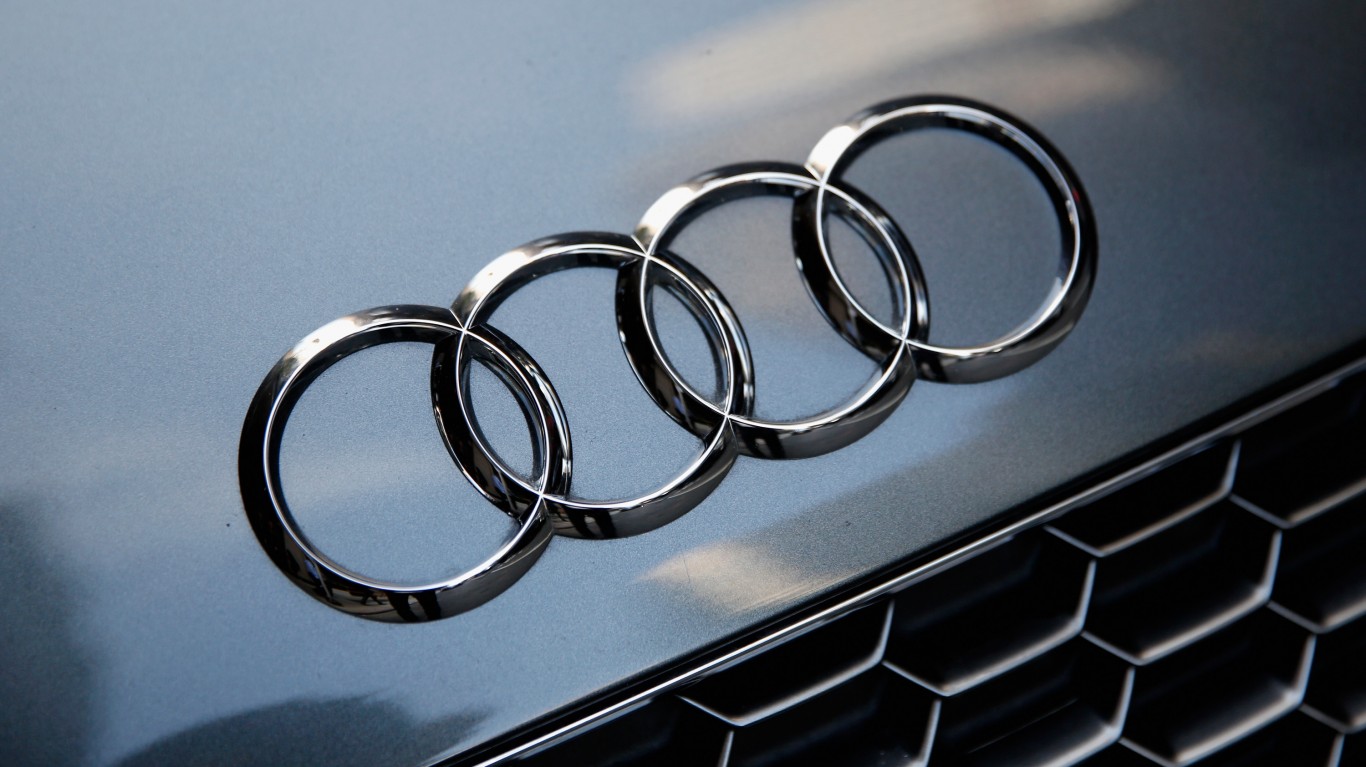
14. Audi
> Reliability Score: 47
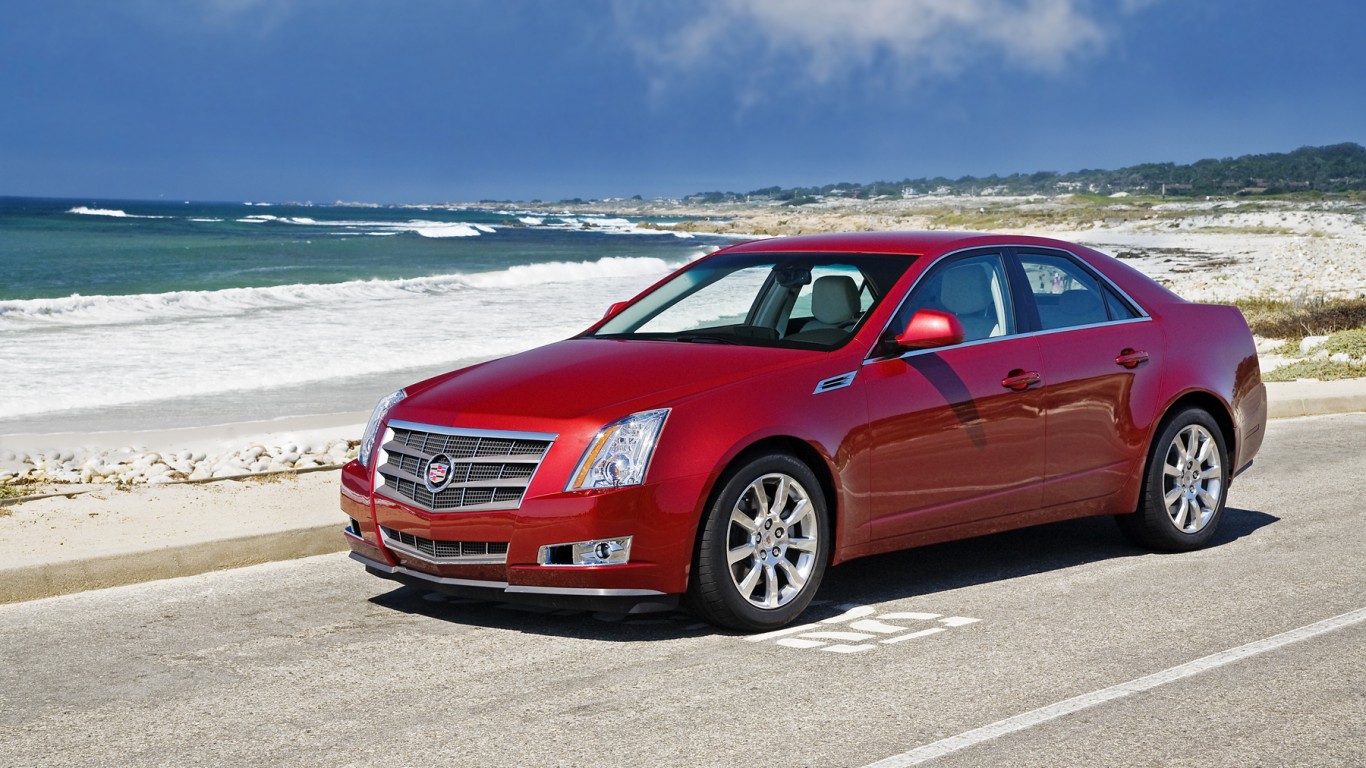
13. Cadillac
> Reliability Score: 47
[in-text-ad]

12. BMW
> Reliability Score: 45

11. Ford
> Reliability Score: 44
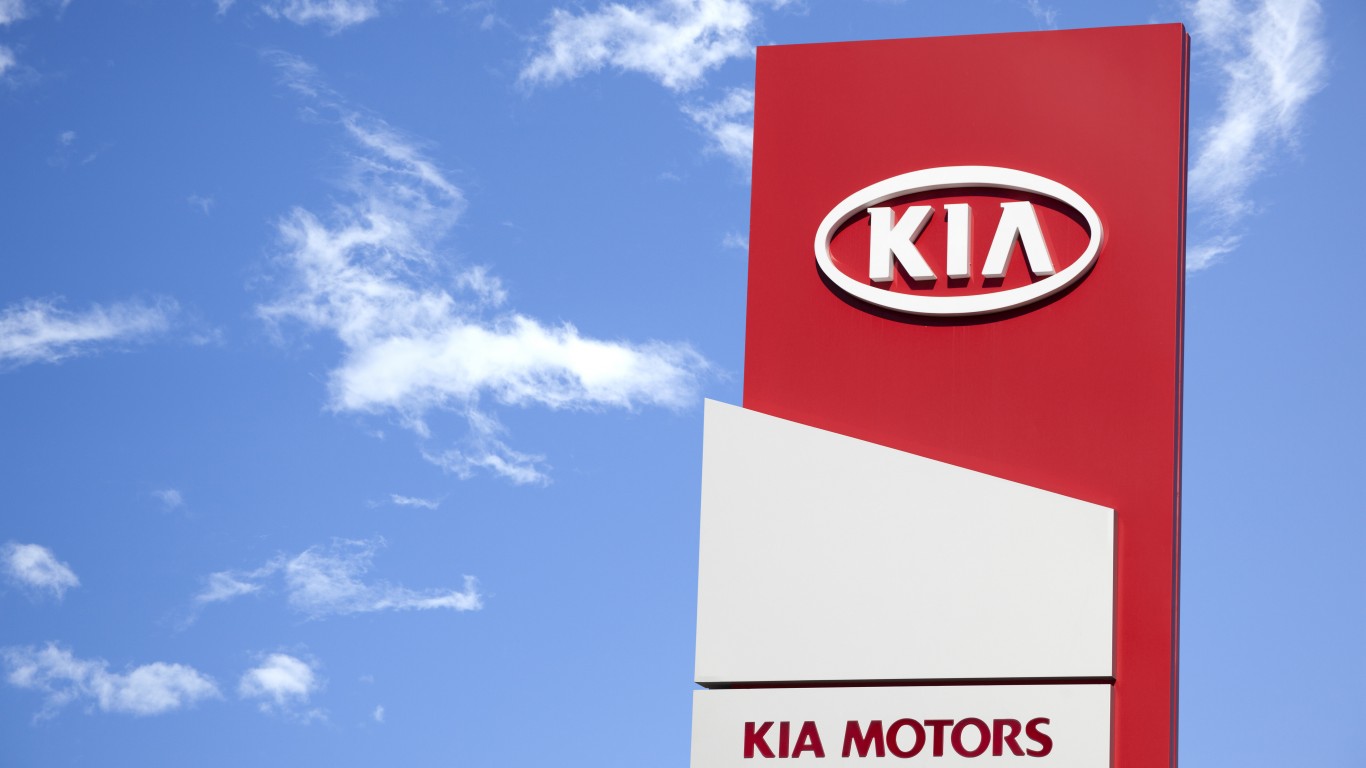
10. Kia
> Reliability Score: 43
[in-text-ad-2]

9. Volvo
> Reliability Score: 42
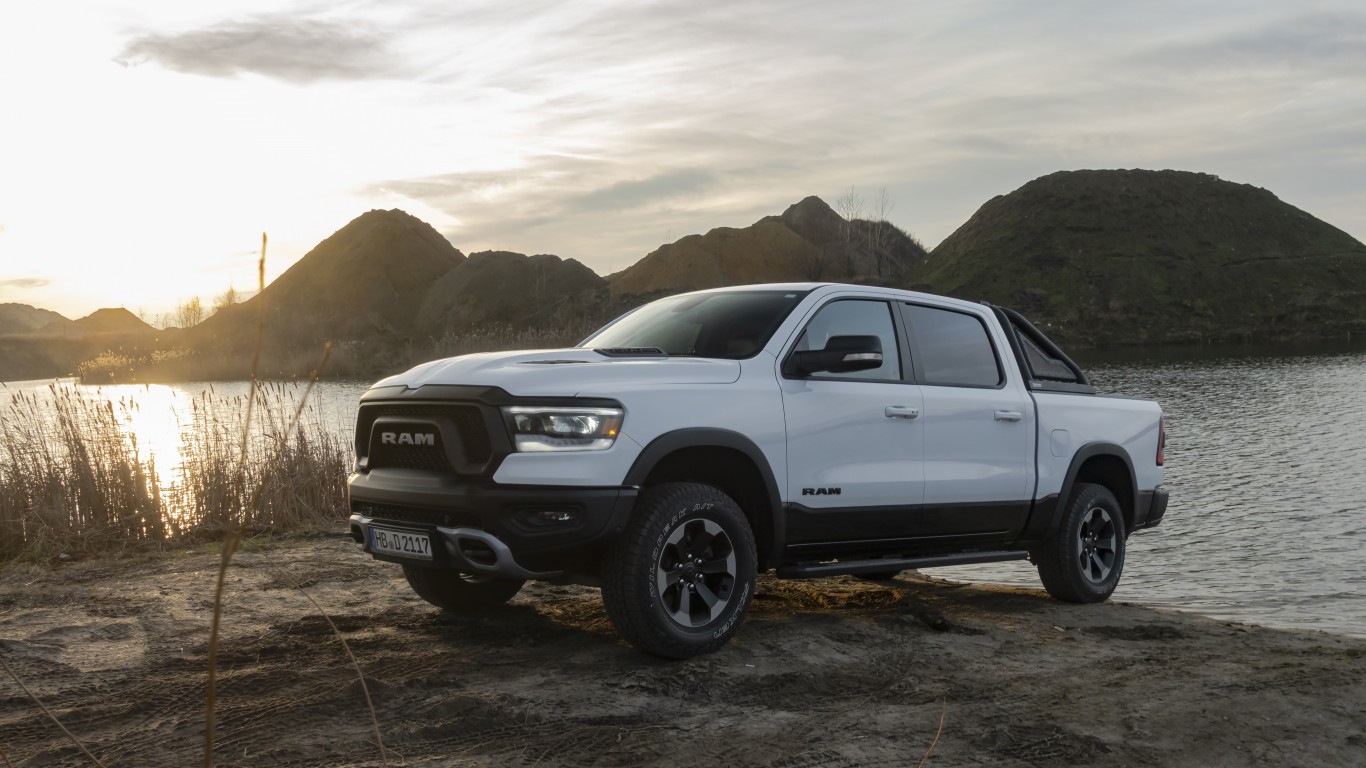
8. Ram
> Reliability Score: 40
[in-text-ad]
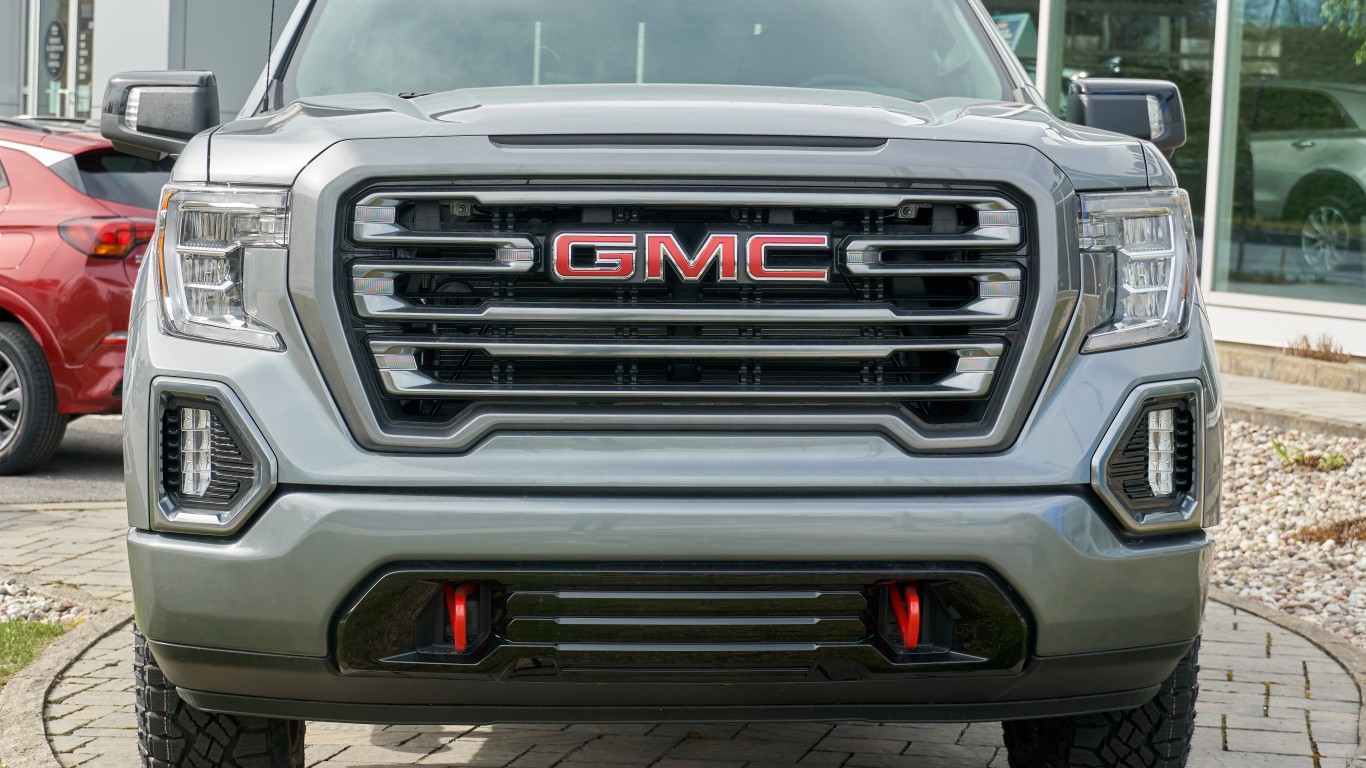
7. GMC
> Reliability Score: 37

6. Mercedes-Benz
> Reliability Score: 34
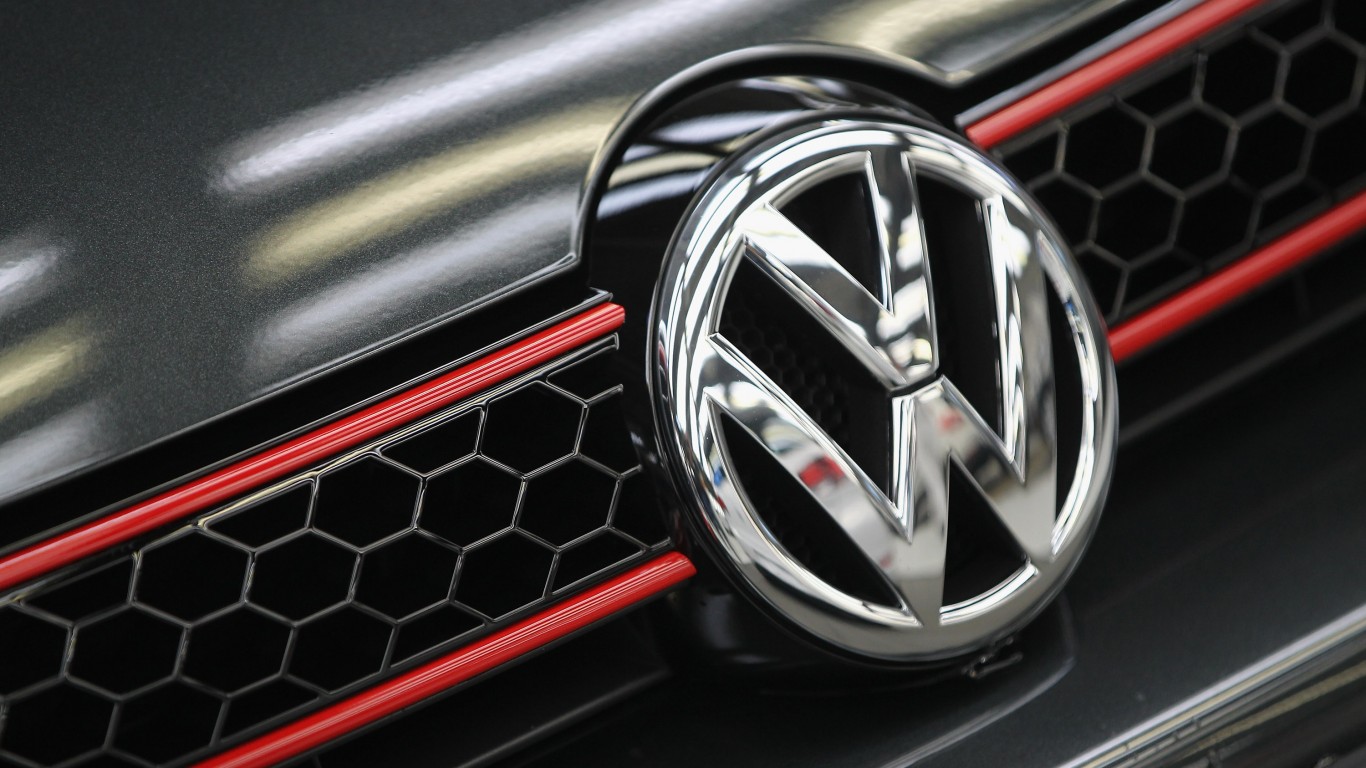
5. Volkswagen
> Reliability Score: 31
[in-text-ad-2]

4. Genesis
> Reliability Score: 30

3. Jeep
> Reliability Score: 26
[in-text-ad]
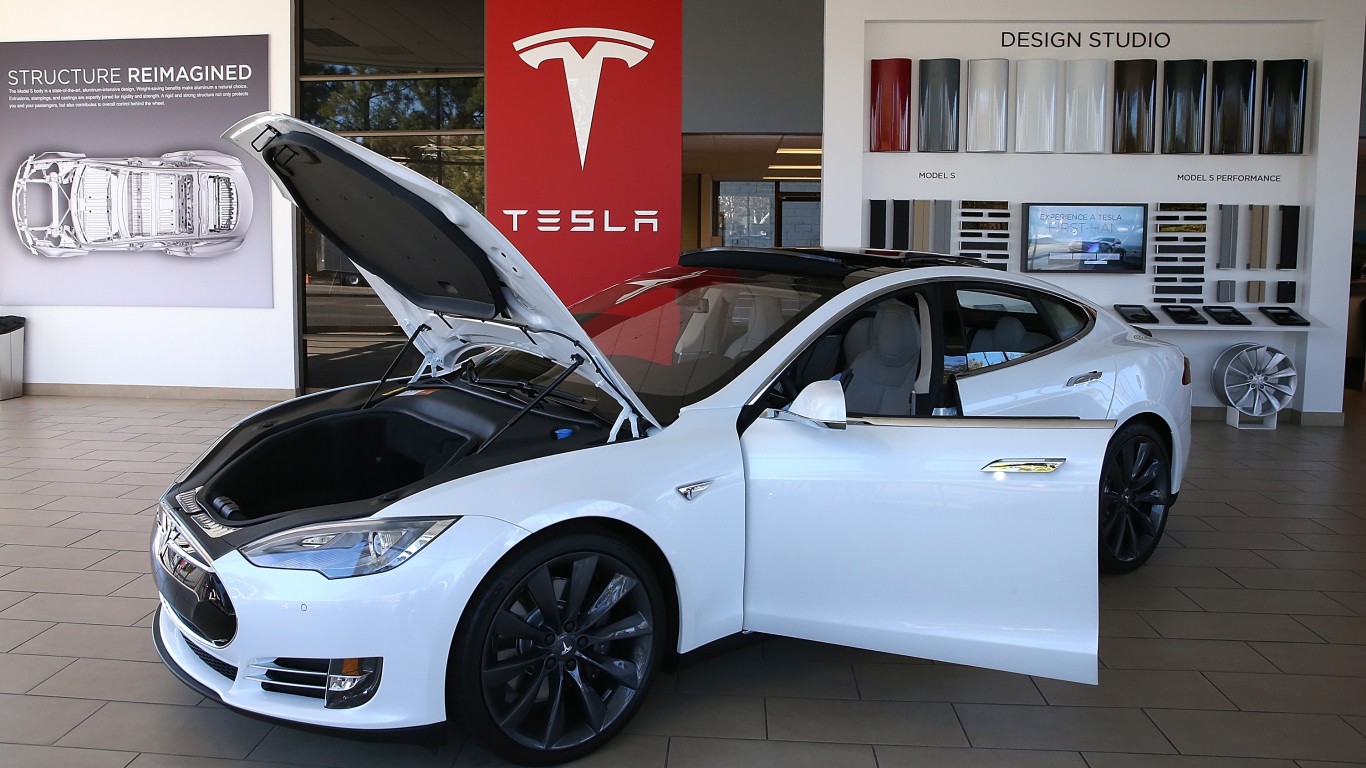
2. Tesla
> Reliability Score: 25
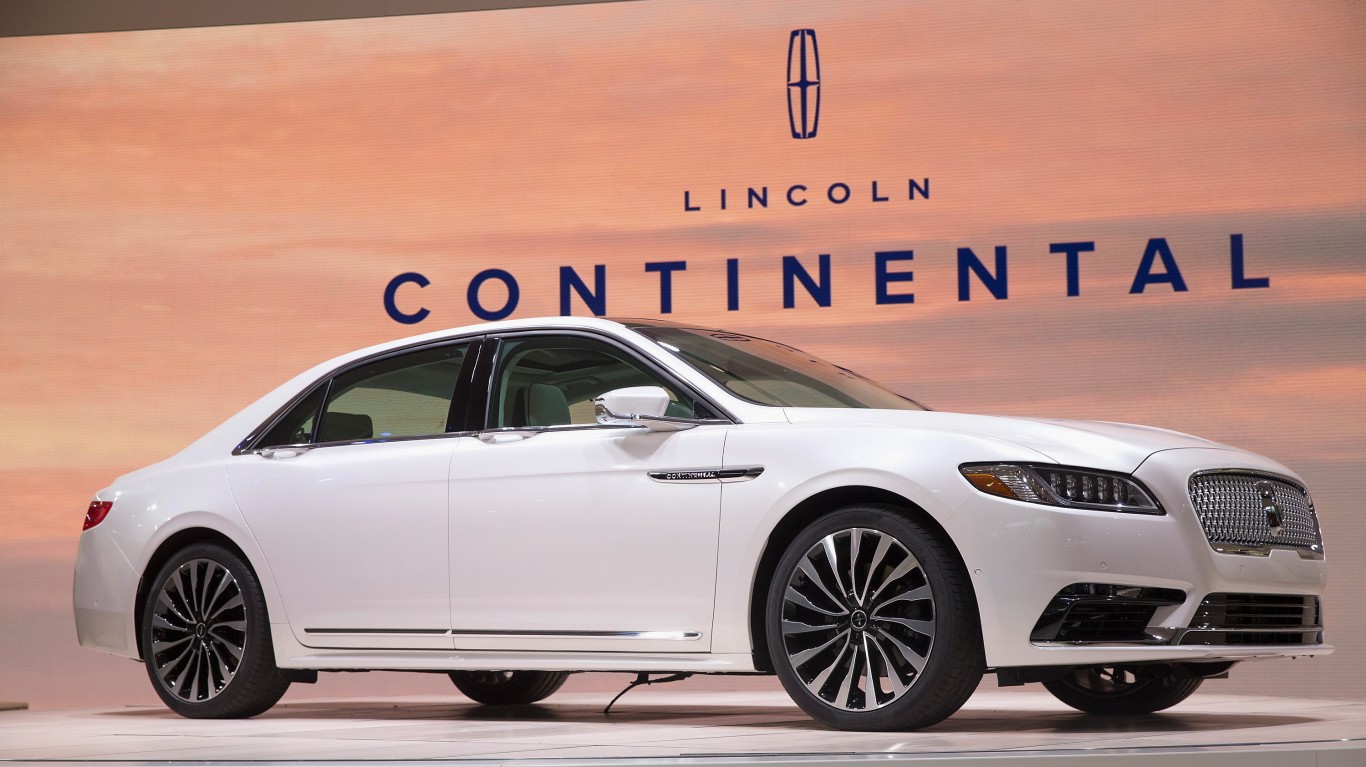
1. Lincoln
> Reliability Score: 18
Get Ready To Retire (Sponsored)
Start by taking a quick retirement quiz from SmartAsset that will match you with up to 3 financial advisors that serve your area and beyond in 5 minutes, or less.
Each advisor has been vetted by SmartAsset and is held to a fiduciary standard to act in your best interests.
Here’s how it works:
1. Answer SmartAsset advisor match quiz
2. Review your pre-screened matches at your leisure. Check out the advisors’ profiles.
3. Speak with advisors at no cost to you. Have an introductory call on the phone or introduction in person and choose whom to work with in the future
Get started right here.
Thank you for reading! Have some feedback for us?
Contact the 24/7 Wall St. editorial team.
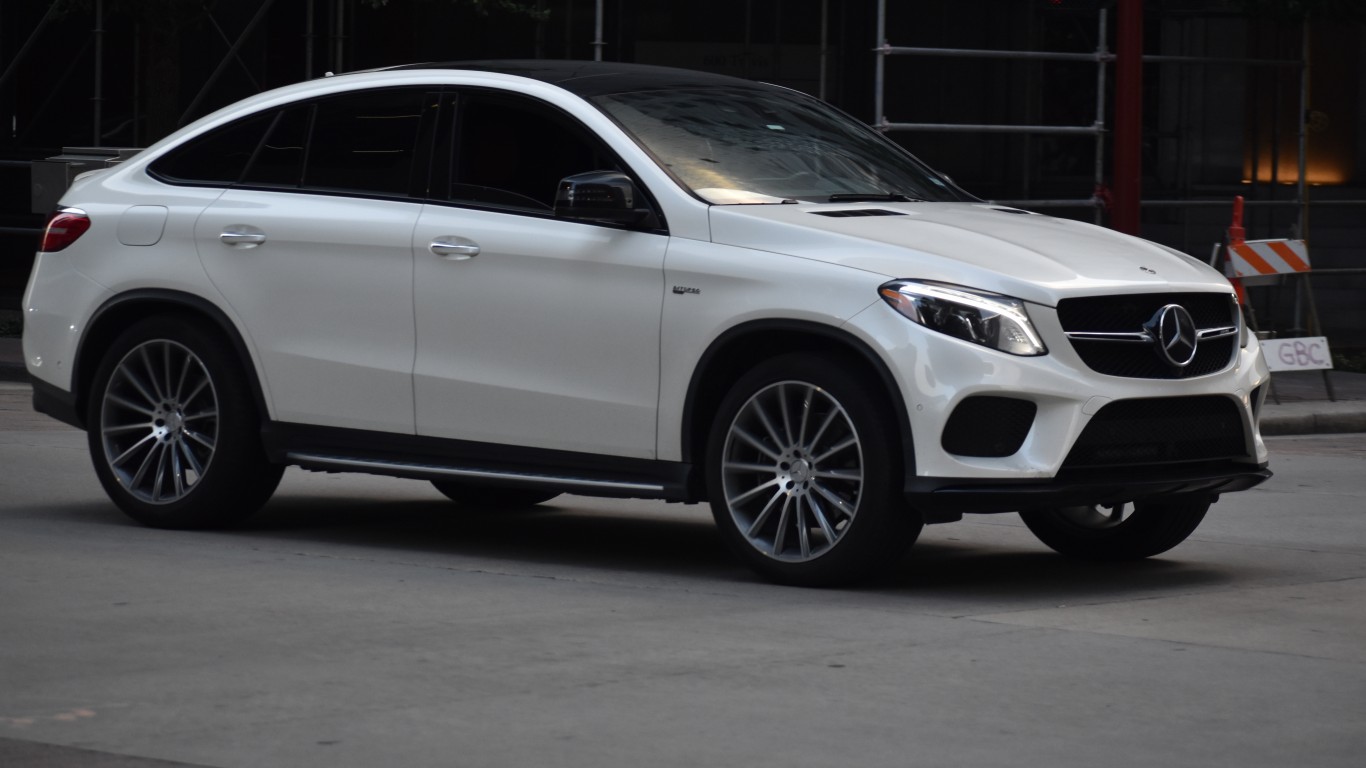 24/7 Wall St.
24/7 Wall St.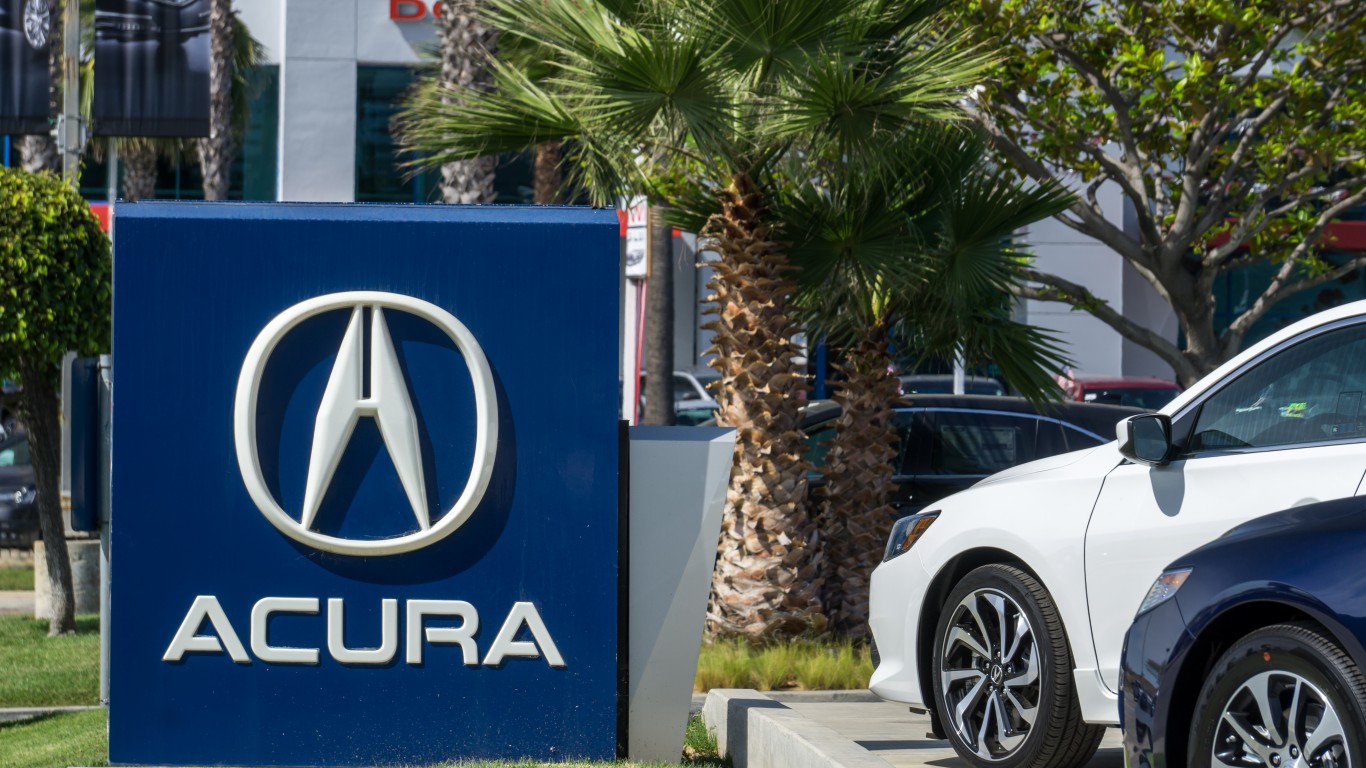 24/7 Wall St.
24/7 Wall St. 24/7 Wall St.
24/7 Wall St. 24/7 Wall St.
24/7 Wall St.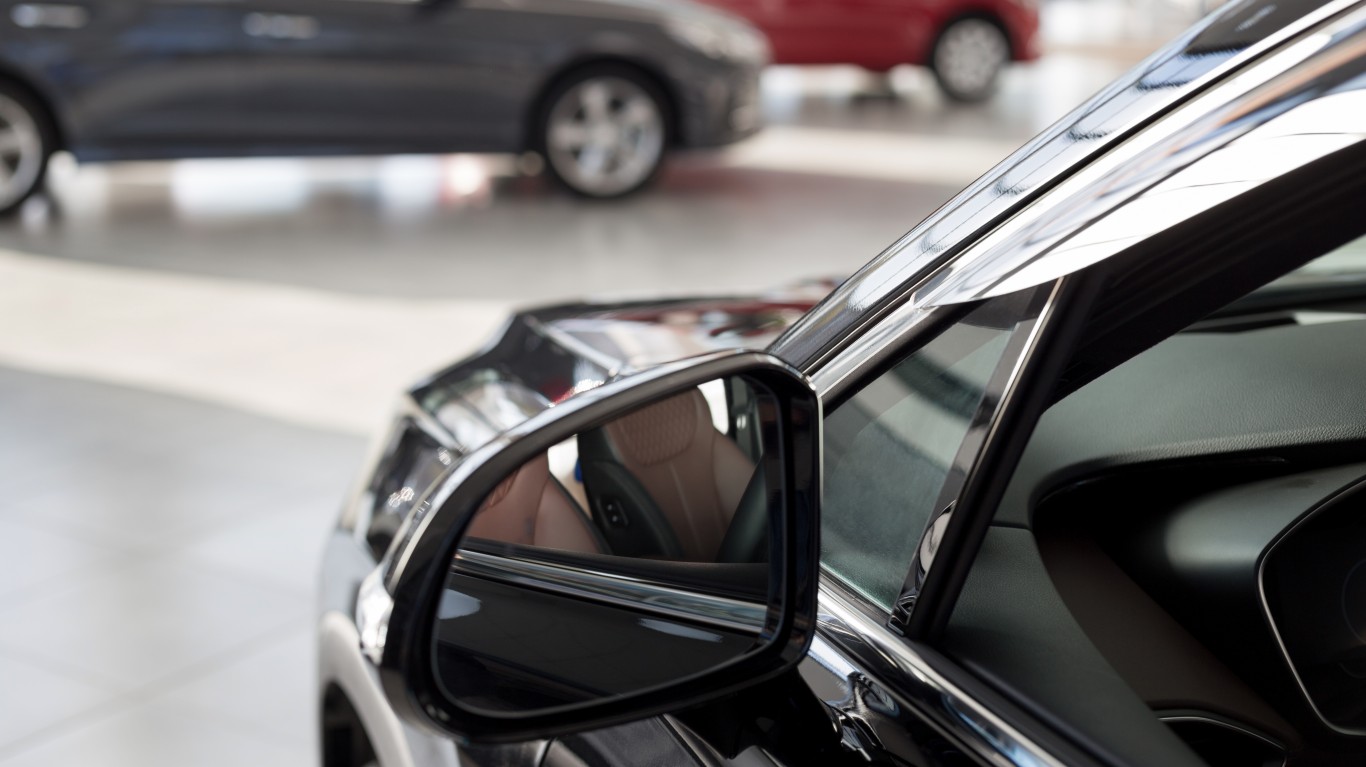 24/7 Wall St.
24/7 Wall St.
